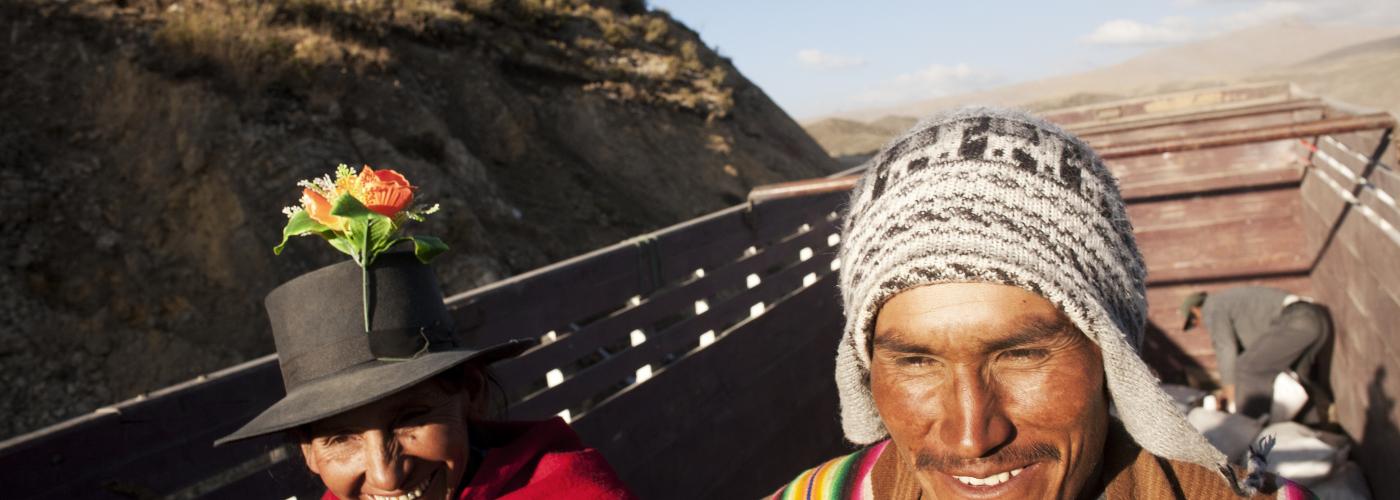General information
Title
Food security of family farmers through agro-ecology in Lango and Rwenzori, Uganda
ID
XM-DAC-2-10-8514
CRS ID
2022008514
Start date
End date
Activity status
Implementation
Budget
€2.995.651
Actor
NGO Broederlijk Delen - BD
Country
UGANDA
Sector
Agriculture and livestock - Agricultural development
Policy markers
Nutrition 1
Gender 1
Climate: Mitigation 1
Environment 1
Good Governance 1
Biodiversity 1
Climate: Adaptation 1
Aid type
Core support to NGOs, other private bodies, PPPs and research institutes
Priority partner country
Yes
Fragile state
Yes
Least developed country
Yes
Budgetline
54 20 356072 NGO Programs
Finance type
GRANT
Tied status
No
Flow type
ODA
Body
General
Family farmers and youth (m/f) belonging to family farmer households in Kabarole, Kamwenge, Kitagwenda (Rwenzori) and Amolatar (Lango) achieve improved food, nutrition and income security on resilient and productive farms and actively participate in decision-making processes at household, community and national level. The aim of the outcome is to improve food, nutrition and income security of family farmer households and youth in the Rwenzori and Lango sub-regions in Uganda. Broederlijk Delen works on this aim with 8 partner organisations, using three strategies:
1. The programme promotes the implementation of agro-ecology principles and practices with the family farmer households and youth in a Participatory Action Research (PAR) approach. Households will be involved in an intensive integral training and coaching programme in order to achieve agro-ecological farms and increase livelihoods.
2. At the same time, the programme works with local and national governments on the development and implementation of agro-ecology related policy frameworks, based on farmers’ needs and interests. Experiences from farmers supported by the programme provide a key input to this advocacy strategy. This way, farmer families can influence decision-making related to their own needs and challenges and increase ownership of their agricultural businesses.
3. Finally, the programme promotes gender equality and equal access to resources in the family farmer’s communities through awareness raising, empowerment and training, at household and community level.
In this programme, mutual capacity strengthening between Broederlijk Delen and its partners is key. Through exchange and collective learning processes, Broederlijk Delen and partners learn from each other, strengthen each other and improve implementation and synergies. The combination of working on the three strategies with the focus on mutual capacity strengthening provides the potential to achieve a sustainable change on an ecological, political and socio-economical level. The programme is strongly interlinked with interventions of other (Belgian) NGOs in the Rwenzori region, in order to significantly increase impact, outreach and sustainable change.


